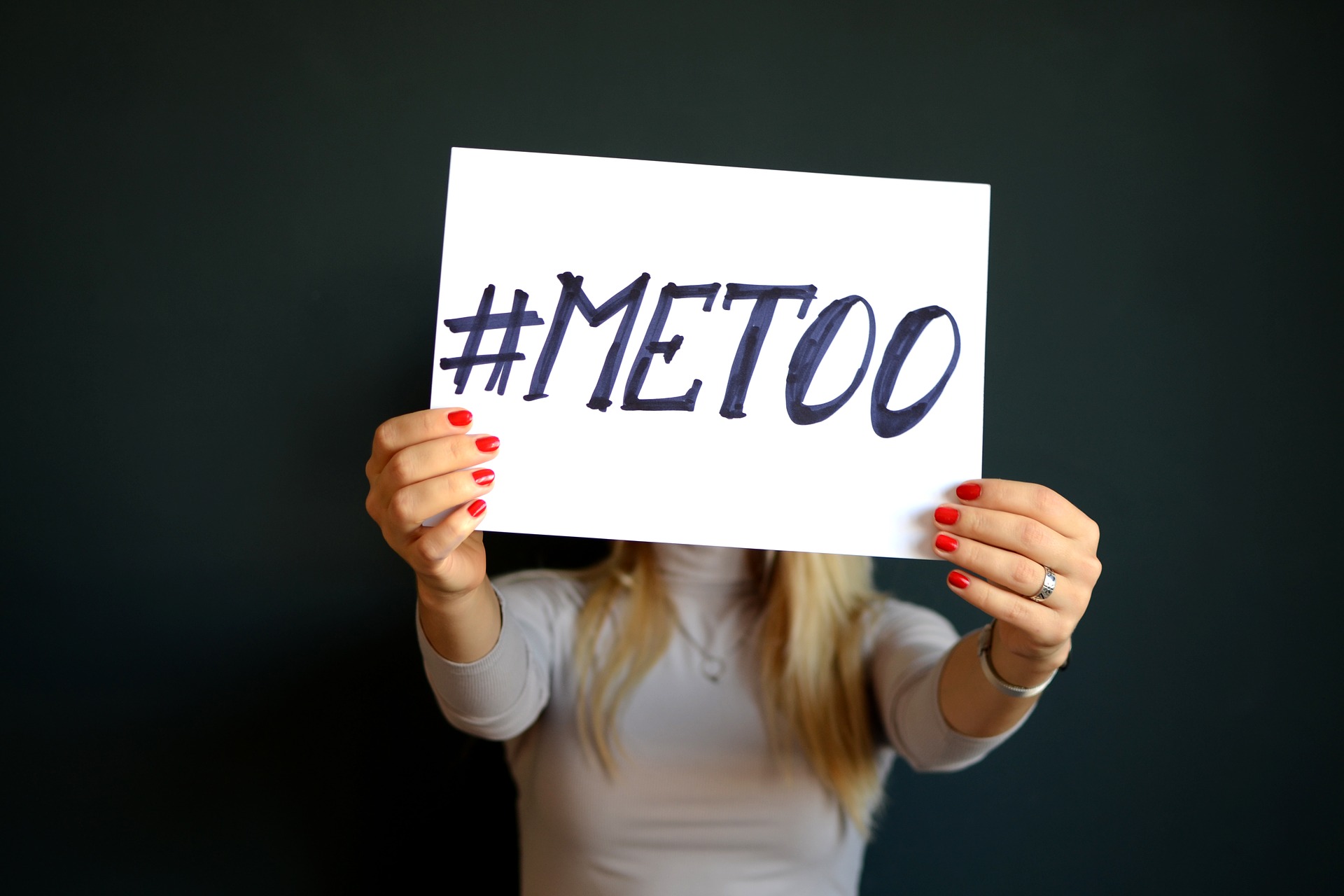#MeToo: Cementing the Legacy of a Viral Social Media Campaign

The “#MeToo” campaign, a “rallying cry” on social media that went viral in the wake of sexual abuse allegations against Harvey Weinstein, has grown into a global trend which has exposed and denounced perpetrators of sexual harassment and assault and decreased the stigma against survivors of these crimes. According to CNN, “to date, there have been more than 2.3 million #MeToo tweets from 85 countries; on Facebook, more than 24 million people participated in the conversation by posting, reacting, and commenting over 77 million times since October 15.” Moreover, #MeToo has been a truly global movement, resonating across national and linguistic borders. Most of the activity has taken place in the US, UK, France, Canada, and India, but the hashtag has also gone viral in other countries across Europe, Latin America, the Middle East, and North Africa.
In order for the #MeToo campaign to have an impact on policy proportional to its impact on public attitudes, lawmakers must use the window it has created to push legislation while its necessity is in the public eye. While the movement appears to have strong momentum at the present, it remains to be seen whether the social repercussions will, in fact, last. To that end, lawmakers in several countries have proposed legislation aimed at preventing sexual assault and facilitating the process of reporting sexual assault, making it easier for women to reveal crimes committed against them. These new laws could be the lasting effects the #MeToo campaign needs for it to leave a permanent legacy, preventing it from fading out as many viral political action campaigns do.

In the US, Senator Kirsten Gillibrand has responded to and publicized the issue of sexual assault against congressional staffers and the hostile environment that prevents victims from coming forward by introducing concrete legislation, along with Representative Jackie Speier, entitled the “Member and Employee Training and Oversight On Congress Act”, or, in reference to the popular campaign, the “ME TOO Congress Act.” In a statement, Gilibrand said “you see time and again in institutions all around the country … a culture where power and fear keep sexual assault and sexual harassment in the shadows. Congress is no different.” Currently, congressional staffers attempting to report sexual harassment or assault must undergo 30 days of counselling before the report can be made. This unnecessary process intimidates and prevents victims from coming forward, resulting in underreporting of sexual assault. As a result, these crimes continue — unrecognized and unpunished. Gillibrand’s bill seeks to remove this requirement and streamline the reporting process. Furthermore, it would make currently voluntary sexual harassment training mandatory, and create a “confidential advisor” position within the Office of Compliance as a point of contact for victims to reach out to. Finally, it would require all congressional offices to publicly post information on employee rights.
Similarly, in France, lawmakers have introduced a bill that would make street harassment an offence punishable under the law. Secretary of State in charge of Equality between Women and Men Marlène Schiappa says the law is intended to make a public example of men who do not understand that their behaviour is unacceptable. Under the new law, men who harass women on the street would face on-the-spot fines. Schiappa describes the proposed law as part of a “cultural fight” to end social attitudes that permit violence against women. She also notes that given the ephemeral nature of Hollywood scandals, it is important to cement the momentum of this viral movement in legislation.
Simply because a viral internet movement highlights the stigma against revealing perpetrators of sexual assault does not mean that the environment won’t turn hostile once again, as soon as the popularity of the movement dies down—which is usually the case with internet-born social activism campaigns. To date, a number of factors have emerged that threaten the momentum of the movement. First, the campaign has been criticized as being exclusionary to people of colour. It is concerning and indicative of social bias that sexual harassment—by no means a recent issue—has only been brought into the limelight because white celebrities of financial means have called attention to it. Second, the campaign puts the onus of fighting sexual assault on women when it is in fact a change in the behaviour and attitudes of men that is most crucial to mitigating the issue. These stumbling blocks underline the necessity of legislation that would cement social progress.
To be sure, the visibility of the “#MeToo” campaign is far from over. Momentum remains strong as accusations against high-profile figures continue to emerge. It is critical, however, that lawmakers seize the moment wherein public attention is turned towards sexual harassment issues to enact legislation that will have a lasting impact on making women safer. Hashtags, for all their short-term impact, at some point do stop trending. At that point, a legal basis for the fight against sexual assault and harassment would be the next step forward, lest #MeToo fade into just another viral but functionally ineffectual internet phenomenon.
Edited by Shirley Wang
